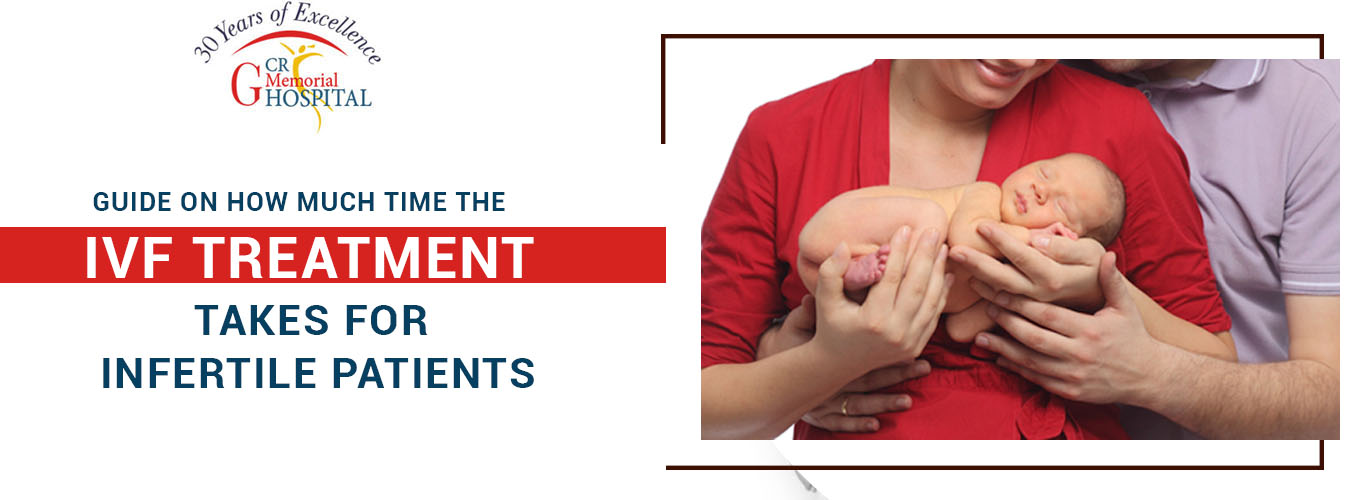
IVF treatment is the best option for the infertile couple to start their family. It is the road to having a healthy baby that is not possible for the couple to conceive naturally. When you visit the best IVF centre in Punjab and consult with gynaecologists team they will guide you about IVF treatment briefly.
The time frame for IVF treatment
Week 1: Initial visit and consultation
Infertility can be worrisome and stressful. First of all, you need to visit a fertility expert that is the most courageous step to do. It is the stage where you will get answers to different questions, and this allows you to handle the situation with ease.
- During the initial visit, the fertility expert will know about you and your partner’s medical history. The doctor will ask different questions that will help you to make an informed decision.
- Once the appointment is done, the diagnosis will be reviewed, and the details will be given for the treatment plan. This entire process needs to be done with precision so that the patients can make an informed decision.
When everything is planned, the couple will have reduced stress, and this allows greater flexibility.
Week 2 to 4: Starting the preparation
- Pretreatment preparation for IVF
Comprehensive lab tests are performed that include ultrasounds, uterine evaluation, male fertility testing, infectious disease screening, and blood panel.
- Start birth control pills
Then come regulating the menstrual cycle and preparing the ovaries. The birth control pills are required to be taken for 2 to 4 weeks which depends on the length of the cycle.
Week 5: Medication and Monitoring
- Take fertility medications (2 weeks)
The patient is given fertility medication to stimulate the ovaries through Clomid and Follicle-stimulating hormones. The main aim is to produce 4 eggs with these medications.
- Monitoring visits (during the fertility medication phase)
Blood tests and ultrasounds are used to keep a close eye on egg development. This takes around 5 to 7 office visits.
Week 7: Triggering, egg retrieval, and fertilization
- Egg retrieval
Once enough eggs are produced, they will be retrieved under light sedation which minimizes the risk.
- Egg and sperm are combined in the lab
The egg and sperm are kept in a controlled environment, where fertilization occurs. The doctor will keep a close look at every step which improves the chances of pregnancy.
- Within 3-6 days after fertilization, embryos are checked for transfer
The experts will monitor the embryos and select the ones that have increased chances of survival.
- Embryo or blastocyst transfer
Following 3 days after fertilization, the embryos are transferred but some patients prefer to wait until they reach the blastocyst stage. The embryo is transferred back to the reproductive tract that increases the chances of pregnancy. During the entire transfer, ultrasound technology is used to place it correctly.
After 2 weeks of embryo transfer, the fertility doctor will do a pregnancy test to check for the results. So, this is the time frame for IVF treatment, and if you have any doubt then consult the fertility expert right away.
